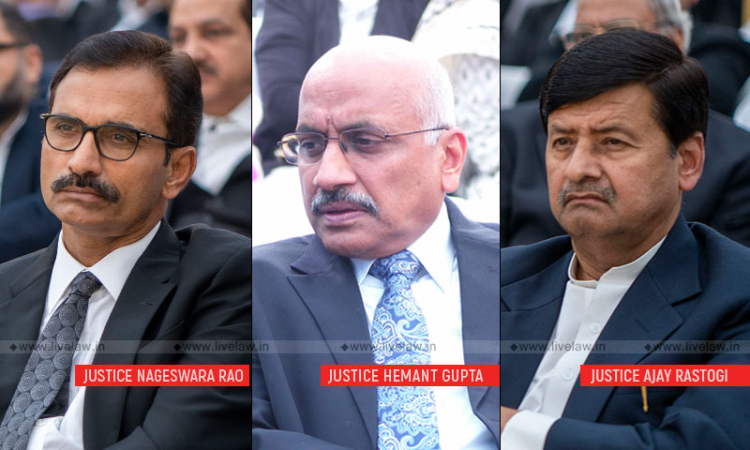High Court Not Required To Frame Substantial Question Of Law While Dismissing Second Appeal: Supreme Court
Ashok Kini
16 Nov 2020 9:16 PM IST

Next Story
16 Nov 2020 9:16 PM IST
The Supreme Court has observed that a High Court is not required to frame substantial question of law while dismissing a second appeal.The formulation of substantial question of law or reformulation of the same arises only if there are some questions of law and not in the absence of any substantial question of law, the bench comprising Justices L. Nageswara Rao, Hemant Gupta and Ajay...
